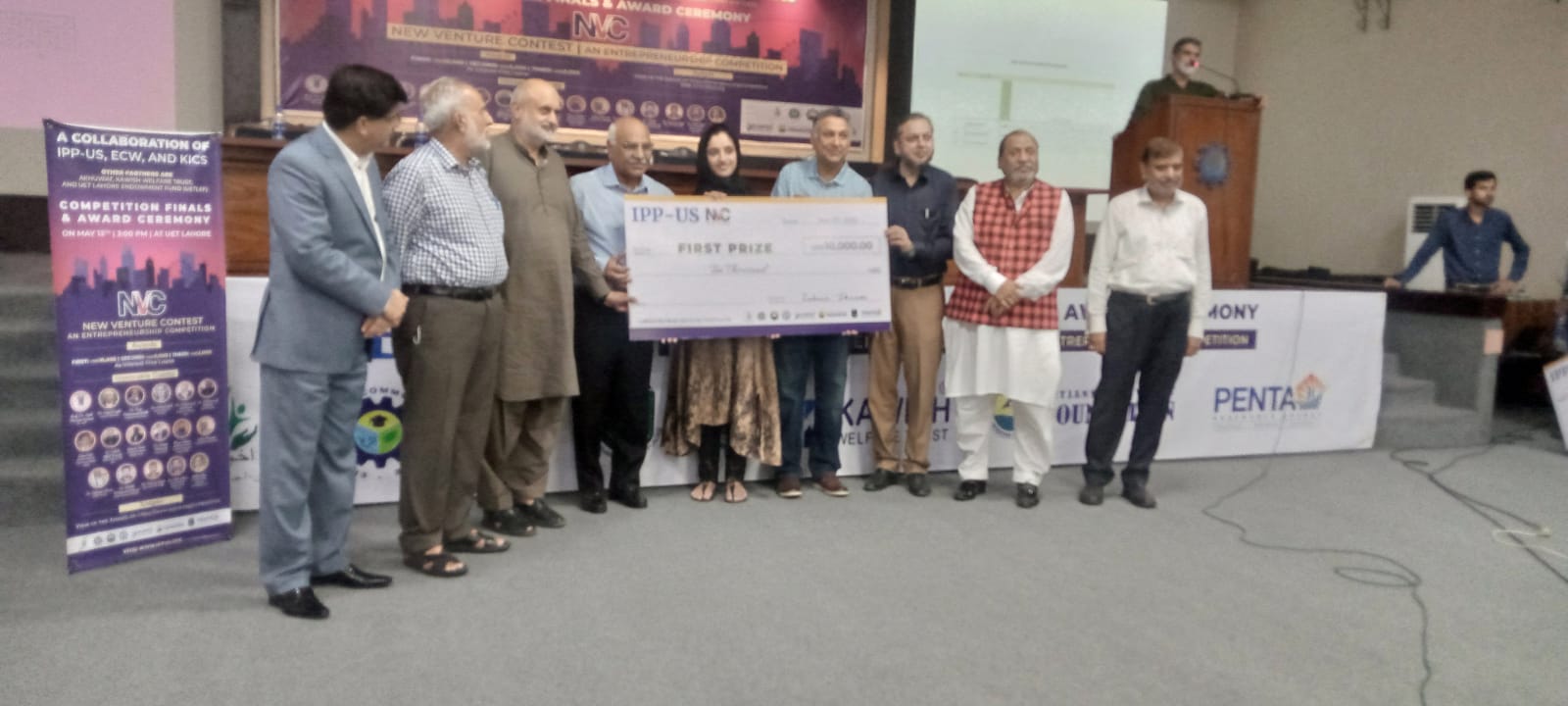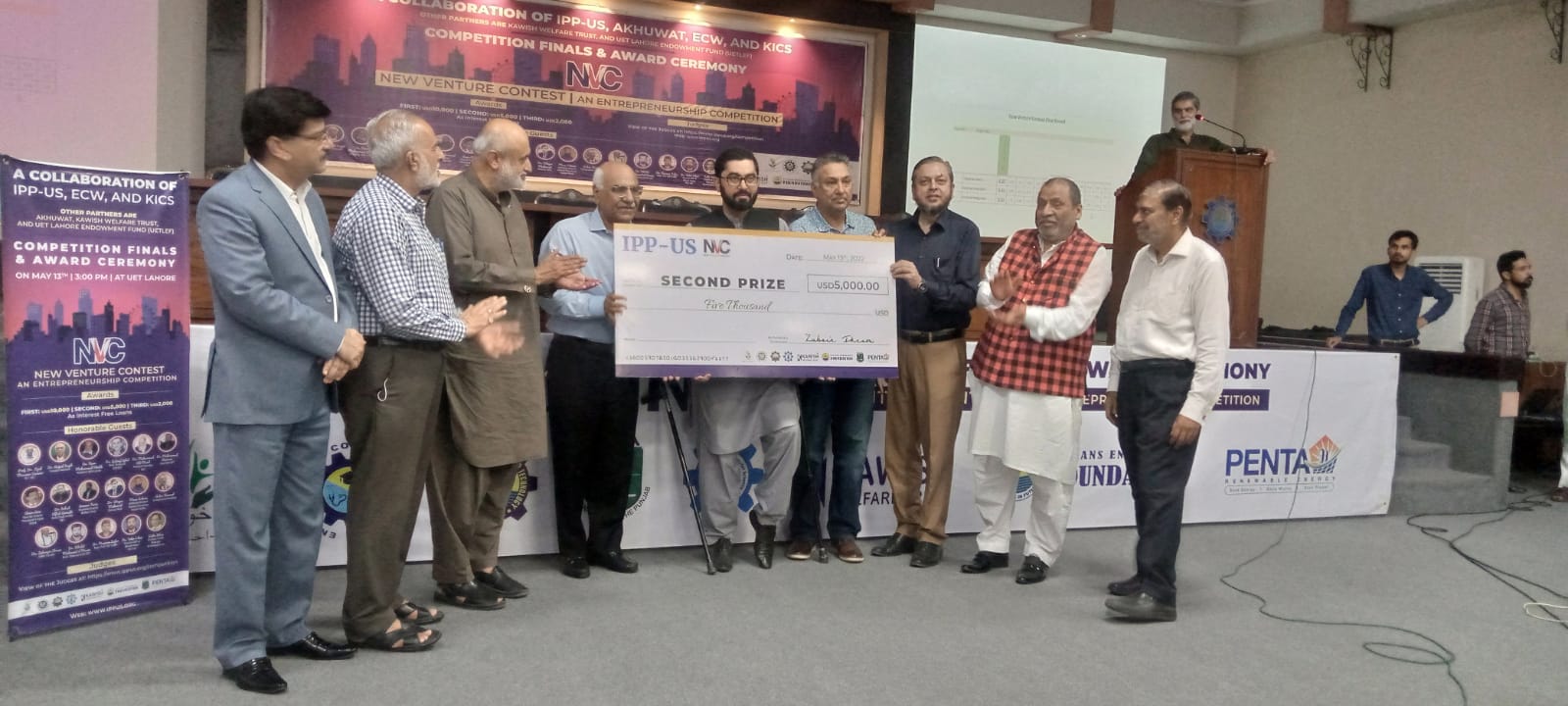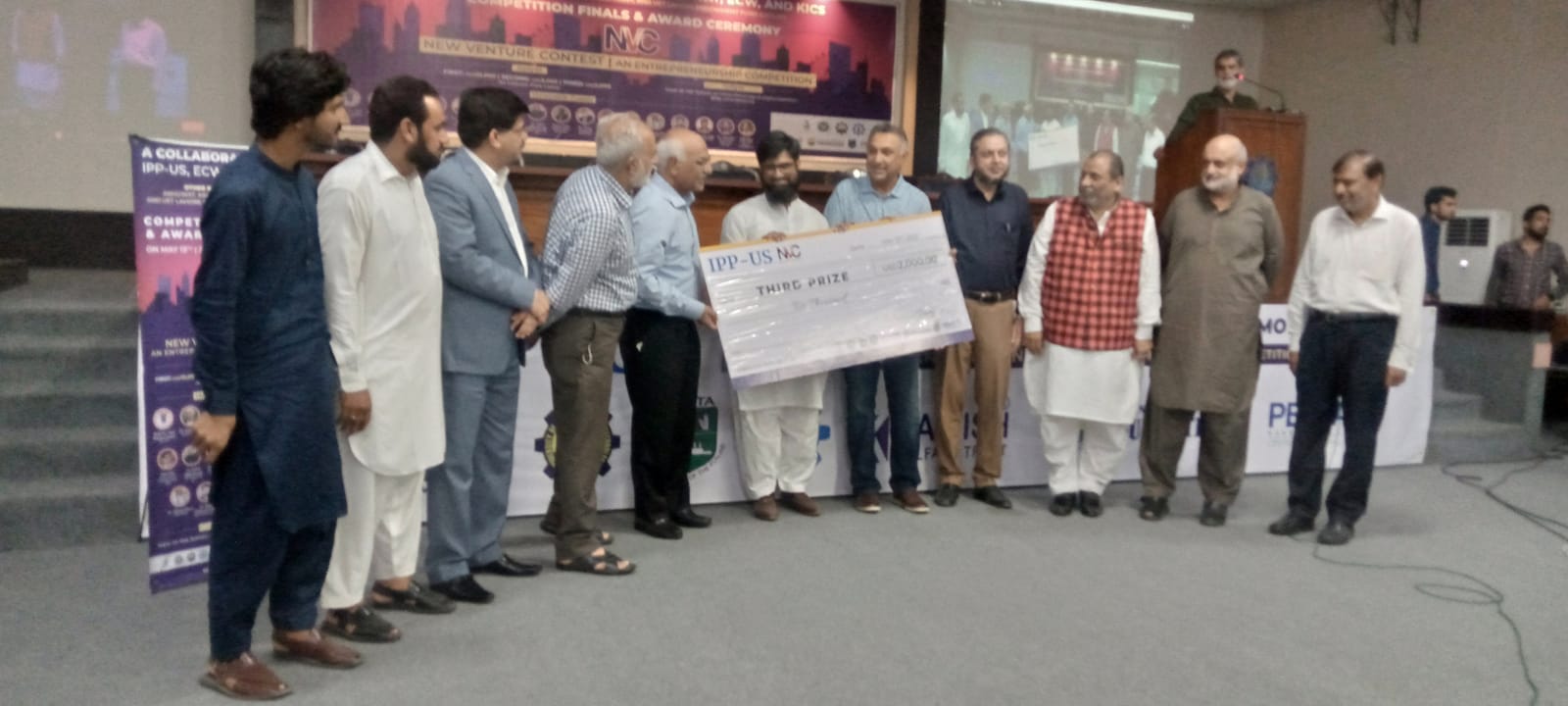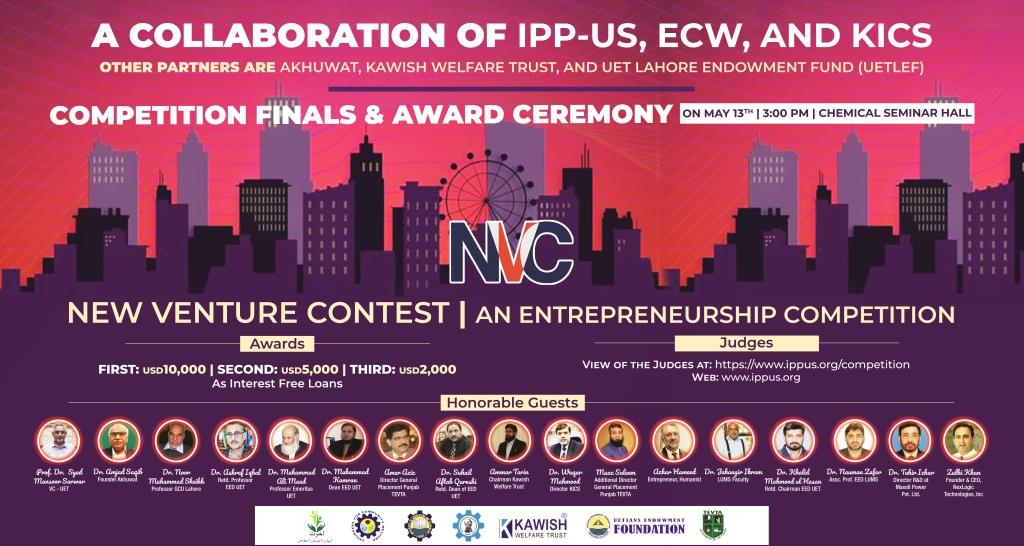1st Position - $10,000

Cottage Busy Bees
Cottage Busy Bees empowers artisans of rural areas to collaborate with bigger markets to sell their handmade embroidery, crocheting, and other crafts. It will provide a platform to the sellers through which they could connect with the international market. By doing so, they can multiply their income as a result of which the financial dependency of women will be reduced. One of the aims of Cottage Busy Bees is poverty alleviation in the country. It does so by educating and empowering women as they are the pillars of any nation. If they have the power to contribute to economic activities, then they can reform their society. About half of Pakistan’s rural women lack education because of their social pressures and restrictions. There is a need to encourage these women to work from their homes and make themselves as well as their families economically strong.
2nd Position - $5,000

Dairy Fuel Fields
Dairy Fuel Fields (DFF) was inspired by the need to limit urbanization, reduce pollution, and make use of natural resources available in rural areas. The DFF project team belongs to a village in Azad Kashmir about 200 km from Rawalpindi. As part of the proposal, the team plans to develop a dairy farm consisting of 5 Australia/Jersey breed cows that would daily produce 16 liters of milk per cow. Along with this, the team would promote vegetable cultivation. The aim is to (1) Reduce urbanization by providing jobs to individuals in village; (2) reduce deforestation by using animal dung to produce biogas; and (3) reduce carbon dioxide contents from atmosphere through vegetable cultivation.
3rd Position - $2,000

Pot-in-Pot
The Pot-in-Pot introduces “My Cool Bank”, which is proposed to be the fridge of the poor. In many areas of central Punjab, south Punjab, and rural Sindh, electricity is mostly unavailable. Therefore, it is challenging for them to preserve their vegetables/fruits in dry, hot weather conditions. The second main issue is higher electricity tariffs and load shedding. My Cool Bank is based on centuries-old method of evaporative cooling to preserve vegetables and fruits and get cool water in areas where conventional fridges could not operate. The team plans to manufacture a series of products with the pot-in-pot methodology or Zeer pot methodology. The three proposed products would be a refrigerator, a water cooler, and a storage bank. As manufacturing of clay pots is a well-known art, the team finds it easy to find skilled and semi-skilled labor to work on their idea. Also, it is easy to find the main ingredient, clay, near the facility where the clay pots are to be manufactured.
The 2022 New Venture Contest ran from December 15, 2021 to April 23, 2022. A total of 71 submissions were received and rated by a panel of 40 judges from across the world. The final round was held on May 13 at the University of Engineering and Technology, Lahore, where the top three proposals competed for the following awards: Prizes in the form of no-interest loans were awarded to the top three teams as follows:
- 1st Place – $10,000
- 2nd Place – $5,000
- 3rd Place – $2,000
Dr. Amjad Saqib of Akhuwat was the chief guest at the presentation ceremony. All prize monies were in the form of returnable interest-free loans to be paid in installments. The recipients would also receive free mentorship from business leaders from around the world.
Schedule of the 2022 Competition
- – Nov 15, 2021 – Competition Launch and registration
- – Jan 15, 2022 – Executive summary submission for the qualifying round
- – Jan 16 to Feb 12, 2022 – Qualifying round
- – Feb 15, 2022 – Participants for semi-finals announced
- – Feb 16 to Mar 12, 2022 – Submission of detailed proposals for the semi-final round
- – Mar 13 to April 26, 2022 – Interviews and presentations for the semifinalists
- – April 30, 2022 – Participants for the finals announced
- – Apr 3 to May 3, 2022 – Ramadan
- – May 14, 2022 – Finals held at the UET and awards ceremony

